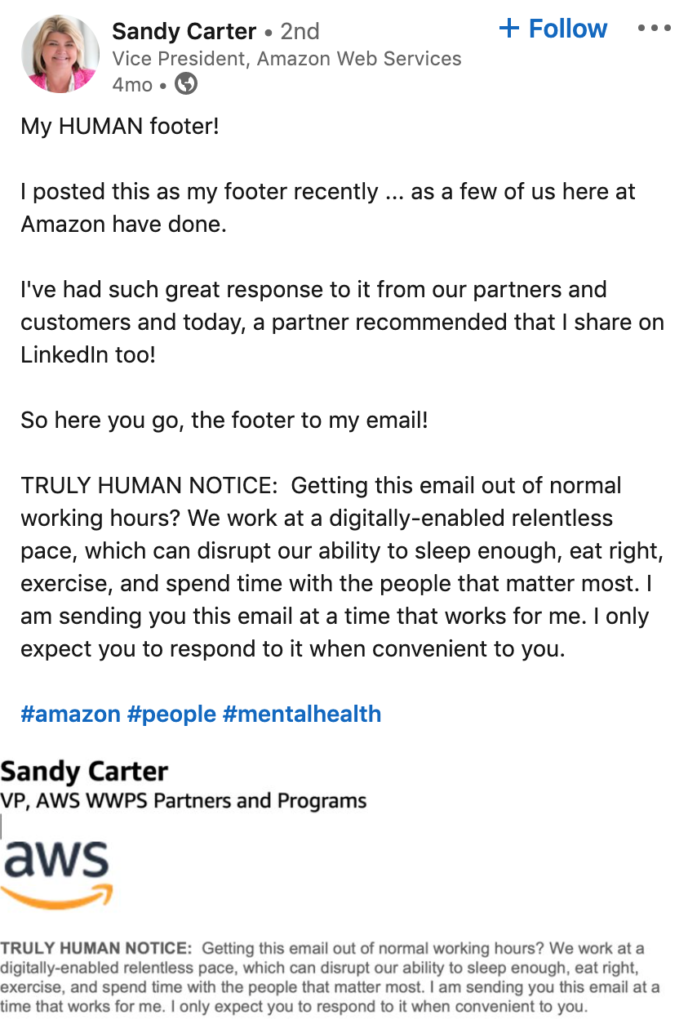🎹 Music for this post: https://www.youtube.com/watch?v=_03uXQiz6eY.
There are two women in my extended family born to mothers who were prescribed DES for the term of their pregnancies. DES was somewhat of a breakthrough drug for baby boom women who experienced miscarriages, helping them achieve motherhood. Unfortunately, DES-supported pregnancies had a downside: a vastly increased chance of cancer for the children born from them — including a 40-fold increase in risk of certain vaginal or cervical cancers for women exposed to DES in utero.
Both of these women spent decades worrying about the impact of DES on their lives. The worry of one woman — buttressed by an aggrievement for the inability of others to sufficiently relate to her worry — arguably contributed to her choice to isolate herself from the rest of our family.
The second woman — whose worry didn’t contribute to a desire to turn inward — wound up getting cancer.
At a family get-together many, many years ago, that second woman inquired about the status of the first, wherein the topic of both women’s worry arose.
“I used to worry about getting cancer as well,” she offered. “But then I got cancer, and I realized what a waste of time all that worrying was.”
My fortune for being present for that conversation was one of the greatest gifts I was ever given.
A few years later, I had a cancer scare myself; doctors found a very large tumor in one of my kidneys that was likely cancer, and my kidney had to be removed. From the moment of my initial diagnosis through the pathology six weeks later, that conversation gave me profoundly useful perspective. Whether I had cancer or not; whether I had weeks or months or years to live; there was nothing good or productive that could come from time spent worrying about any of it. My time was best spent preparing for my surgery, and enjoying the time that I had available to me.
Life throws us unexpected challenges every day. We would do well to remember that our lives — or the lives of our loved ones — could be taken at any time, including today. If we choose to spend too much of the time we have worrying about all that could be, that time comes at the expense of appreciating what is.
None of the above is to suggest that we spend our lives being foolhardy. Worry is worthwhile when it causes us to slow down briefly to consider the pros and cons of a choice we are able to make. But once our worry runs up against a wall of things that we know we cannot control (including those things that we can no longer control!), we would do well to set that worry aside and spend our mental energy on other things. Our time is best spent being honest with ourselves about what we can control that might lead us where we want to go next.
This approach informs all things agile. When we start an agile project, we admit that there are many things we do not know. Don’t obsess over them. If they happen, so be it. Allow yourself to be surprised about the things you find that you could never have anticipated.
Most of all, don’t set yourself up to regret the time you wasted while worrying.
Discuss this specific post on Twitter or LinkedIn.
![[Logo]](https://theprogressivecio.com/wp-content/uploads/2020/07/ProgCIO-1024x1024.png)
